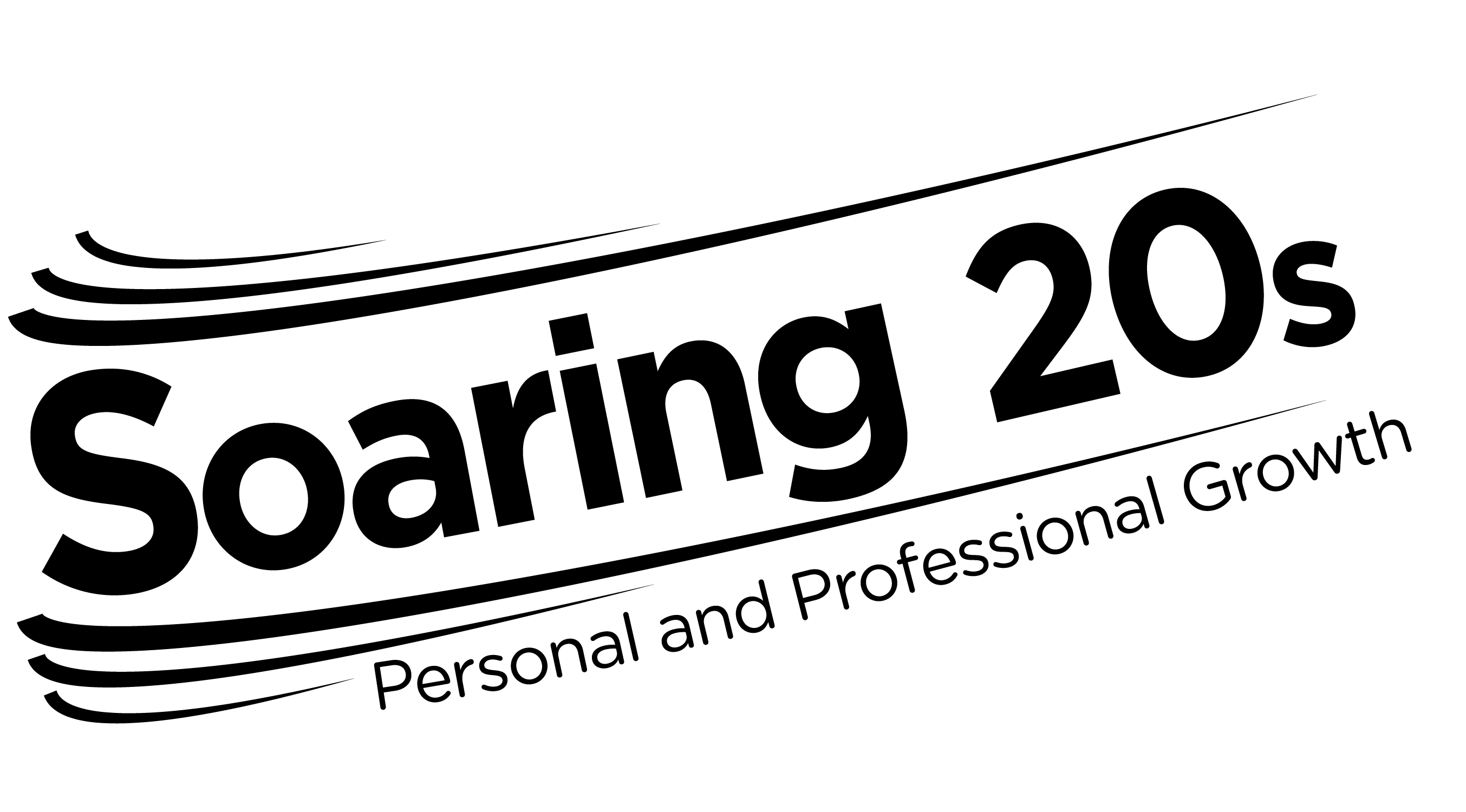Our Vision: A Greater Phoenix area with culturally diverse business leadership, supported by pathways for Latino youth opportunity and development.
Our Mission: Inspire and mentor first-generation Latinos throughout their 20s to overcome the challenges in transitioning to post-college personal and professional life.
Inspiring and preparing Latino college graduates to reach their potential for:
Individual Growth.
While navigating the transition from college to career can be challenging enough for most new college graduates, it can be especially challenging for first-generation graduates, who face more obstacles and heavier burdens, yet have fewer available resources. There’s a need to better prepare these young adults to understand and manage their new challenges, and to guide and support their paths to reaching their potential.
While there are a growing number of college preparatory programs serving Phoenix-area youth, program impacts often end shortly after high-school graduation. Further, college programs geared toward assisting first-generation students are focused primarily on first-year students, with less and less focus as students progress through their college years. In a rare study of first-generation college seniors (Overton-Healy, 2010), the author concluded, “Enormous success has been realized by helping first-year and first-generation students adjust to college, but efforts in the senior year are, in a word, pitiful.”
Studies of early career development, for all college graduates, find that parents have an enormous influence – as role models, as career counselors, and for networking. Thus, most first-generation graduates are at a severe disadvantage, since their parents are ill-equipped to provide career advice or help with business connections.
For the growing number of Phoenix-area students attending out-of-state colleges (because of attractive scholarship offers), their college counselors are not trained to prepare first-generation graduates for post-college transition. Further, due to the limited opportunity to interview for Phoenix-area jobs at out-of-state colleges, students expecting to return to the Phoenix area after graduation routinely underutilize their colleges’ career counseling resources, making it more difficult to secure a good job upon returning home.
Community Involvement
While the primary goal of high-school and in-college programs is individual success, there’s a need to bring role models and success stories back to the home community, to inspire even more students to embrace the value of formal education, as a bridge to a path for attainable success.
Business Development:
Phoenix-area companies are in need of intelligent, dedicated, young professionals. A growing pool of first-generation college graduates is seeking to fill that need, but far too many fail to successfully navigate the job search process. Of those who do succeed in landing a desirable first job, many fail to advance, feel isolated, get discouraged, and disappointingly settle for underachievement. A better bridge is needed to connect first-generation college graduates with long term success in the Phoenix-area business community.
Projections from a U.S. Census Report (March, 2015) show that Hispanics currently make up 16 percent of the overall U.S. labor market, and will account for 50% of new workers entering the workforce by 2025. In the Phoenix area, these percentages are likely higher.
In a rare study of first-generation post-college career development (Tate, Caperton, et.al., 2015), while acknowledging that, “(the absence) of empirical knowledge about (first-generation) career development leaves student affairs professionals in general, and career services professionals in particular, without a solid foundation for serving the career development needs of this population”, the authors highlight the importance of post-college guidance, and document that those first-gens who did participate in support programs (both before and) after college, “reported that these programs were helpful and had a positive influence on their career development.”
According to a Forbes report (July, 2011), “most companies have programs to recruit diverse employees, but fewer focus on developing and retaining them after they’ve been hired.” By taking such steps as understanding and adapting to cultural differences, implementing diversity training programs, and setting diversity targets for career advancement, Phoenix-area businesses can greatly benefit from tapping into an expanding base of young, professional talent, with the confidence that retention rates will increase.
